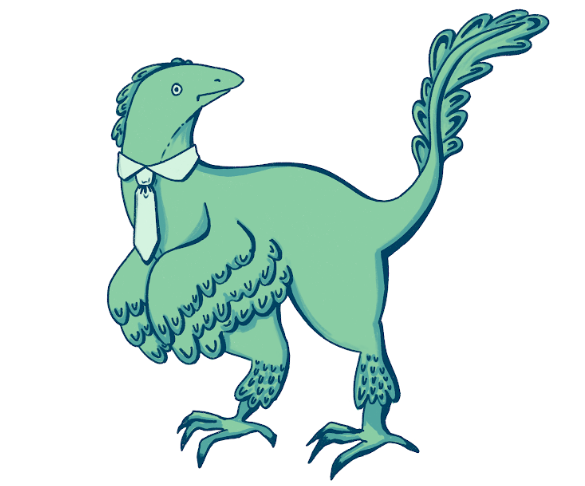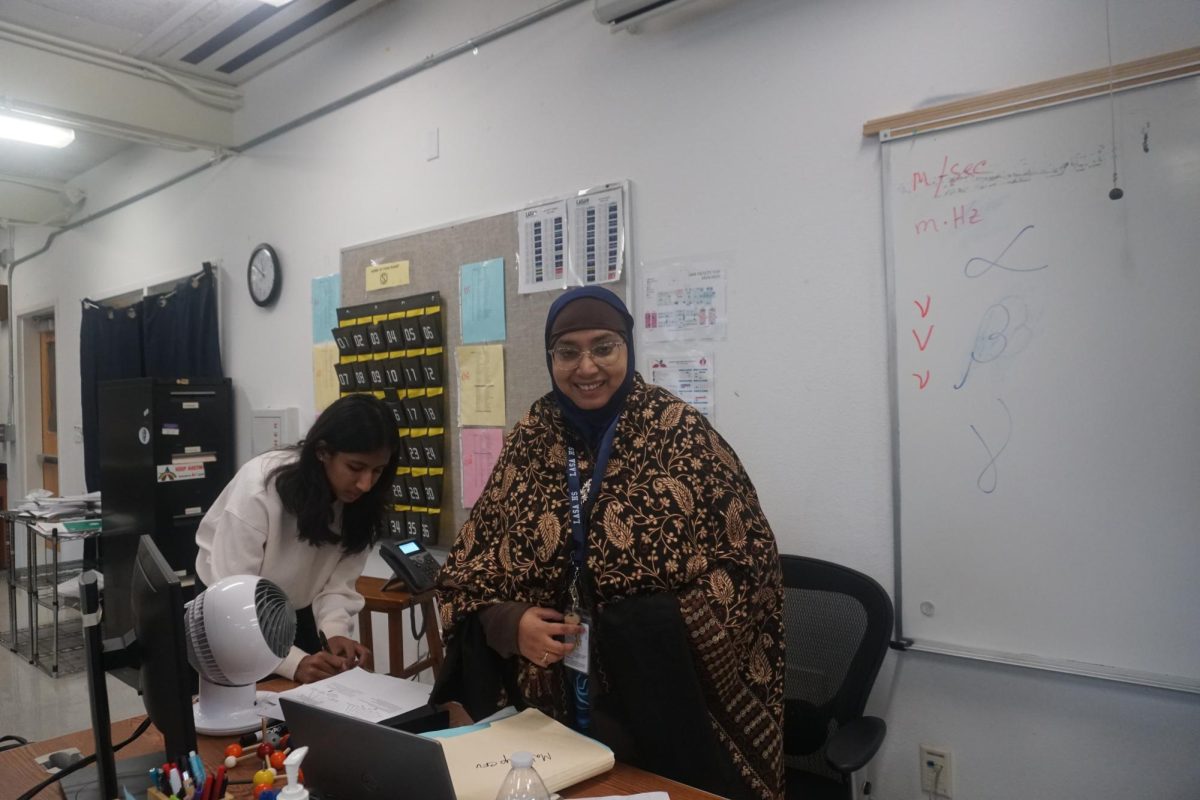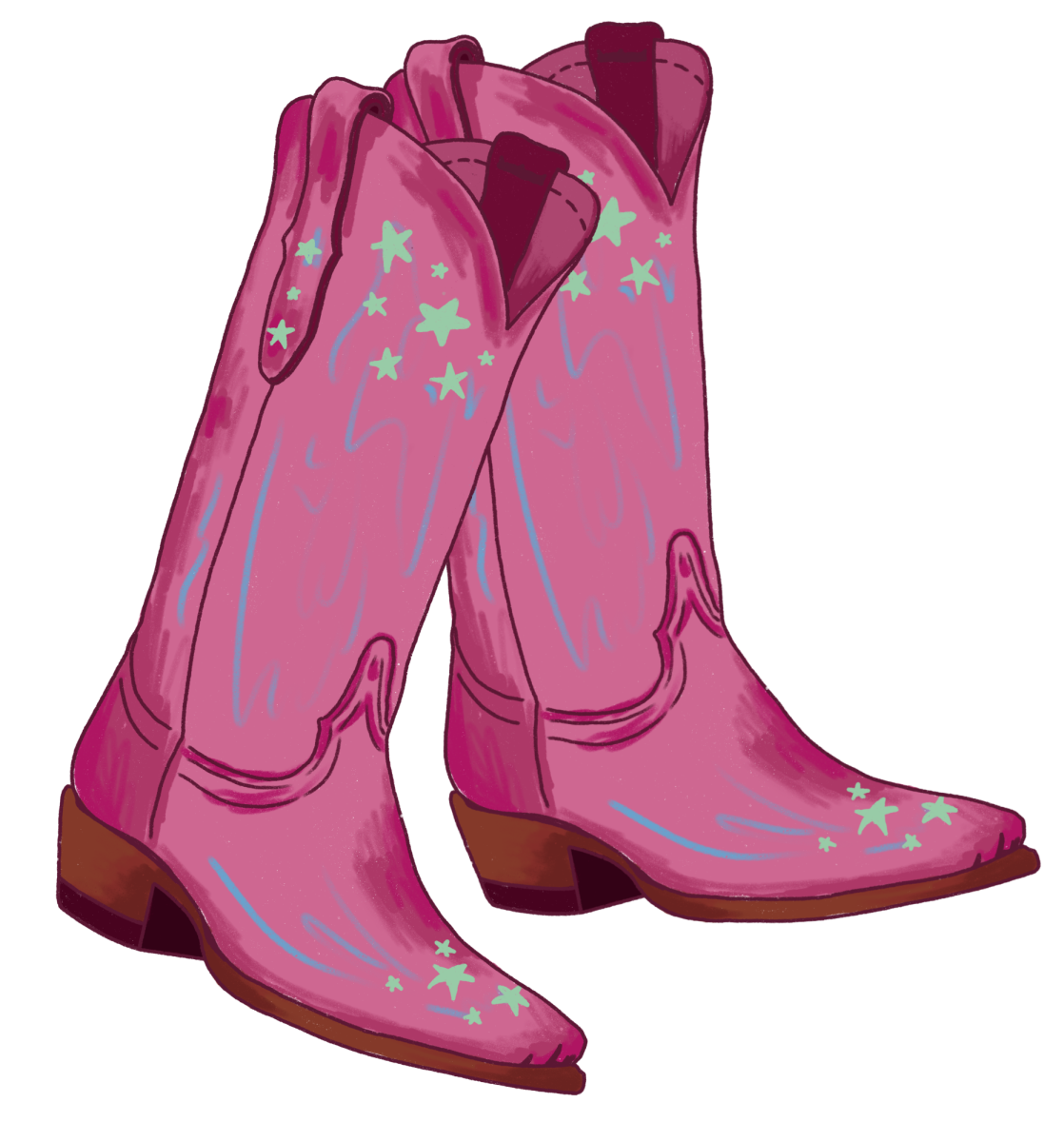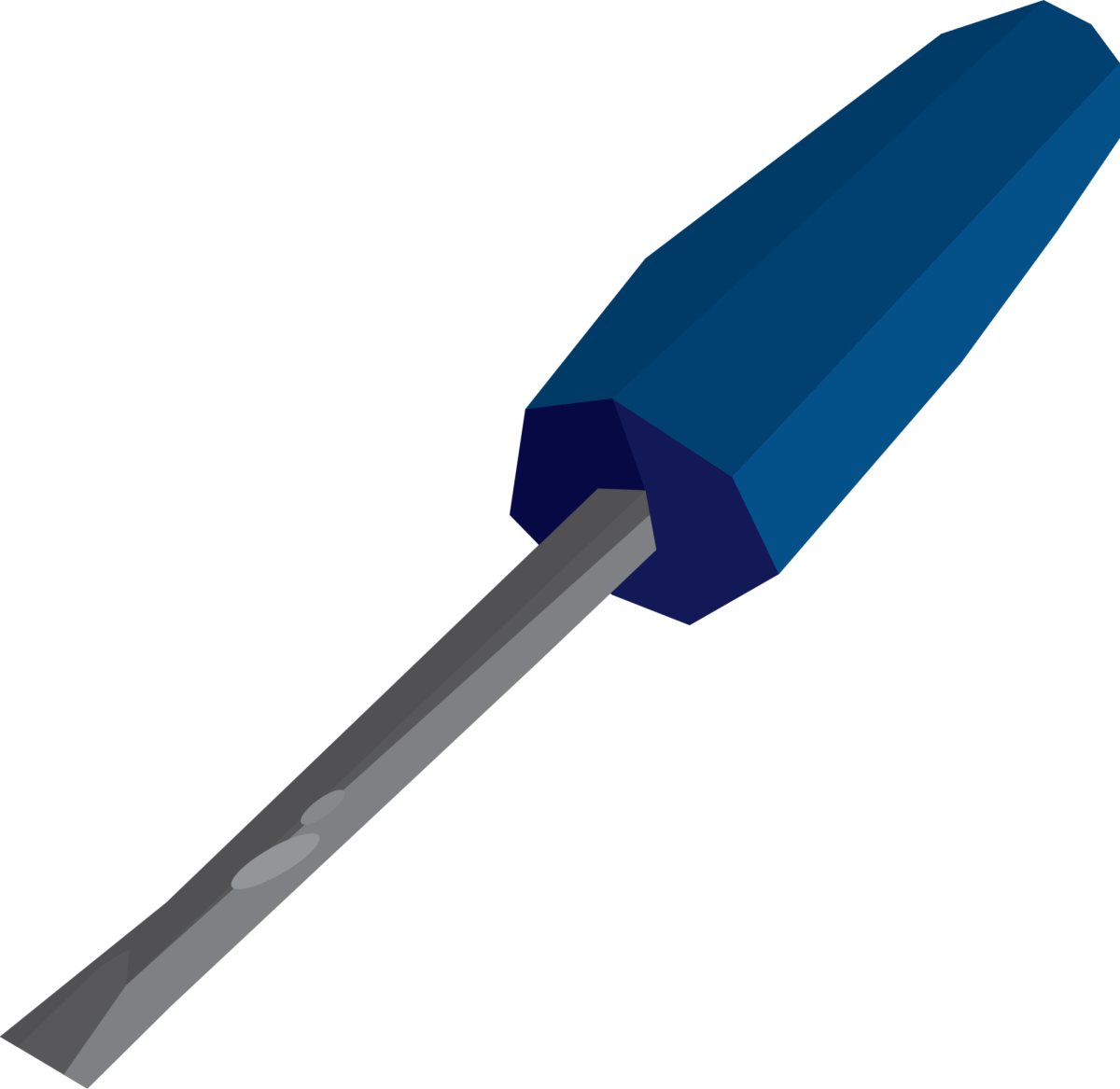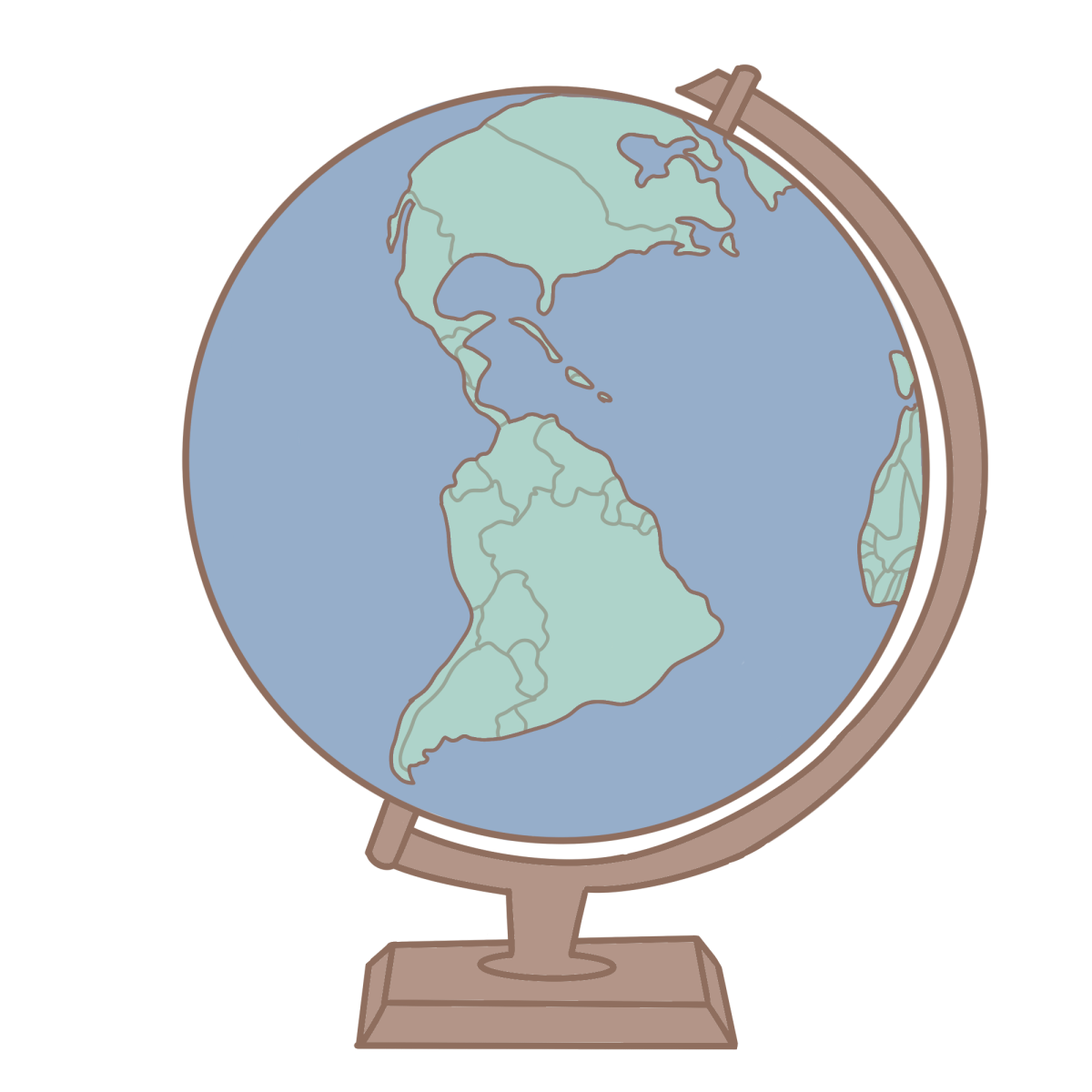Originally obtaining a master’s in architectural geology, Elizabeth Switek, LASA’s librarian, talked about how her life wasn’t always about managing a library, but protecting native areas around Texas and working for an engineering company. More specifically, she worked for PBS&J, an engineering design firm, and also with the Native American Graves Protection and Repatriation Act (NAGPRA) which protects native land from being dug up. While working with NAGPRA, Switek also ensured that if fossils or artifacts were found on native land they would be treated with care and returned to the native people.
Cravotta: What did you study before you were a librarian?
Switek: I have a bachelor’s and a master’s degree in archeological geology. It’s the application of geologic techniques to archaeological questions. My specialty was ceramic analysis, so ancient ceramics, and my bachelor’s thesis was on Troy and Trojan ceramics. So, [I was] doing petrographics, microscopic analysis of ceramics, and neutron activation analysis.
What did you originally pursue with your bachelor’s and master’s degrees?
I was enforcing the NAGPRA act; they navigate the intricacies of repatriation of cultural artifacts and human remains back to Native American tribes absolutely differently. NAGPRA involves regulations and culture, whereas being a librarian is about organizing information and connecting people with it. It’s a shift, but one I thoroughly enjoy. During my time as an architectural geologist, I was working with a company called PBS&J which involved engineering in piping systems in buildings and such. I worked alongside them because when digging in a site we have to know first if we are allowed to actually work there and that is why NAGPRA is a part of this.
What made you move from the complexities of NAGPRA to the librarian hustle?
Well, truth be told, money was tight. Librarianship promised stability, and it seemed like a natural transition. That was one of the reasons to give up my job, but being a librarian is interesting to me. I just love being surrounded by books and getting kids hooked up with books as well.
Did you do anything else interesting after your graduation?
I moved to Austin after graduation and I worked for an environmental consulting company because whenever you’re going to spend federal money to put in a pipeline, a transmission line, a lignite mine, a highway, a school there’s an environmental risk associated with that. I also liked the archival research that I was having to do as part of the work that I was doing. We would go into archives to research these dog trots or these old structures to see, did anyone famous ever actually own these homes? I really enjoyed that and so I had a friend who was the director of the Texas Memorial Museum at UT (University of Texas at Austin). And she was like you know what, there’s a whole field of research called archives. So, I went to UT library school, and I specialized in archives and records management, and I became a certified archivist and a records manager and I worked at UT as the Lloyd Bentsen archivist. Bentsen was a senator and he was the Secretary of Treasury during Clinton’s administration. Later, I left there and I went to Semitech which was a semiconductor technology consortium, and again I was the archivist and I was a records manager.
Did your job ever include traveling?
My husband got transferred to Hawaii. So, we moved to Hawaii and had our first kid. When I came back I ended up getting a job. [My husband] started at a school called Austin Discovery School which is a K-8 charter school, and they weren’t going to have a library, so I decided to create the library from scratch and I ran it for 2 years unpaid then the third year they hired me full time. I worked there for 15 years as the librarian. So it went from archeology to geology to archives to school librarian, and I like school librarian because I get summers off, and two weeks of winter break, and a spring break, so it’s a nice gig.
Do you think that there’s any overlap between these fields?
Switek: The thread that runs through it is history. It might be a little more tenuous but I have nonfiction books, and I’ve got historical fiction books, etc. The whole idea behind research skills is that I had to use all those research skills to be able to research these structures and the ceramics, and now I’m helping kids with understanding how to use the same research skills to get the information that they need for projects and papers. So, I would say that’s the common thread: history and learning and appreciation of past cultures.


